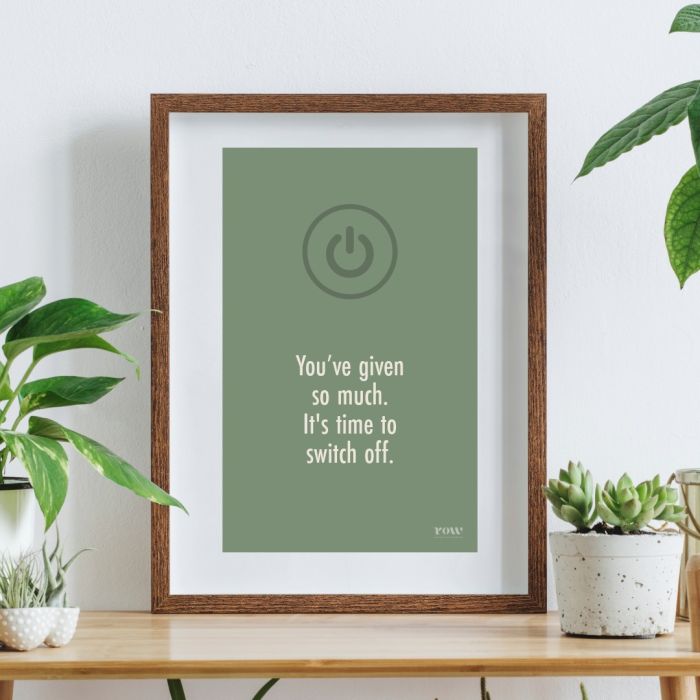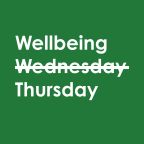The Descent into Burnout
Like many people who experience burnout, Water’s didn’t happen overnight. Rather, it was the result of years of accumulated stress and a deep-seated belief that she had to solve every problem around her.
"I'm a fixer," Waters says. "So I want to fix everything about everyone when they tell me they have an issue."
This drive to be everything to everyone, combined with the demands of her high-profile position, created a perfect storm.
The tipping point came in the aftermath of the 2011 Christchurch earthquakes. As her firm navigated the challenges of relocating offices and supporting staff through a crisis, Waters found herself stretched thinner than ever.
"I never, ever stopped until my mental health sabbatical to think what impact it actually had on me or to find out what impact it had on me," she says. "And what I didn't appreciate was it had a huge impact and I didn't know it."
Want to read more?
Sign in below if you're a Revolutionary (member).
Not a member yet?
Join in seconds! Just $10/month (+ any tax).
Cancel anytime.
Be a revolutionary and join now










